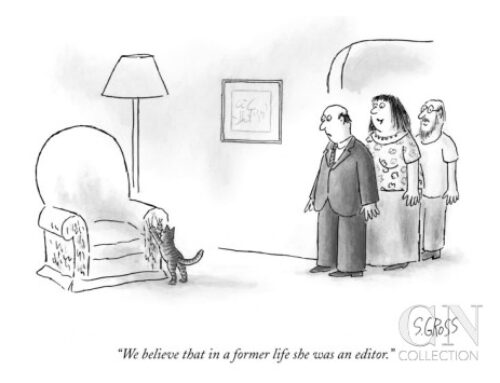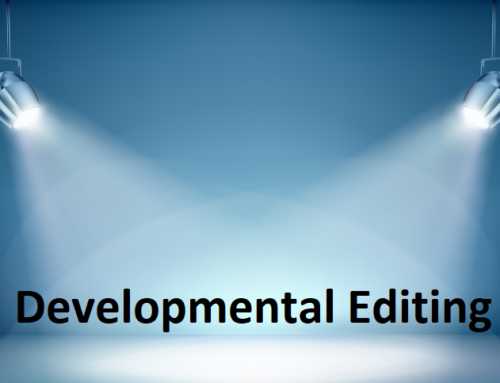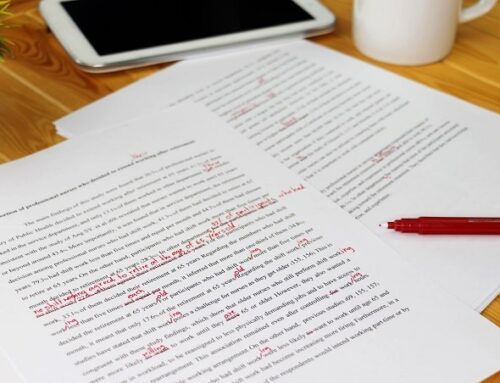[guest post by Jonathan Balcombe]
My career as a biology student, animal advocate, editor and author has required me to write at every stage: essays, lab reports, a thesis and a dissertation, peer-reviewed journal articles, testimonies, correspondence, course syllabi and lectures, even a film script. Most recently, as an author of popular science books, I have faced the challenges of writing lengthy works that seek to engage and enlighten with a narrative arc that combines science with story telling.
Writing is an imperfect art, and no piece of writing is immune to criticism. But there are many ways to improve our craft. I have found—mainly through reading, which is an excellent teacher of writing—that conciseness and simplicity are hallmarks of elegant writing. If I can say it in fewer and simpler words without losing meaning, then it’s almost always better. Then there’s flow. Be it fiction or nonfiction, a book is a journey, and the writer its guide. Each paragraph should segue smoothly to the next, and I am ever mindful of the overall structure of a manuscript to ensure that it unfolds in a logical way. I’m also mindful of avoiding repetition (didn’t I just say “mindful?”); it’s easy to over-use a word or phrase.
There’s much more. Having worked with professional editors at four publishing houses, I’ve accumulated a lengthy list of writing tips: focus, consistency, color, feelings, humor, openness, characters, dialogue, active voice, etc. Ultimately, my goal as a nonfiction writer is to provide a page-turning reading experience that informs and hopefully persuades.
The same principles that guide me as a writer guided me as an editor when I worked with Ross Browne and his team here at The Editorial Department. When we review a manuscript we look for conciseness, clarity, and flow. But in editing there is an added challenge: we are no longer conductors, merely facilitators. Writers pour their heart and soul into their projects, and in an editor they need guidance with compassion. This demands constructive ways of providing positive feedback without skirting important issues that need addressing. If a piece of writing is already high caliber, we consider ways to make it better still.
Whether a writer wishes to have their work published in the traditional sense, be self-published, or simply have something bound for consumption by family or close friends, our goals as editors are the same. If someone hires us to edit their work, then why would they want anything less than our closest scrutiny and most carefully-considered advice?






